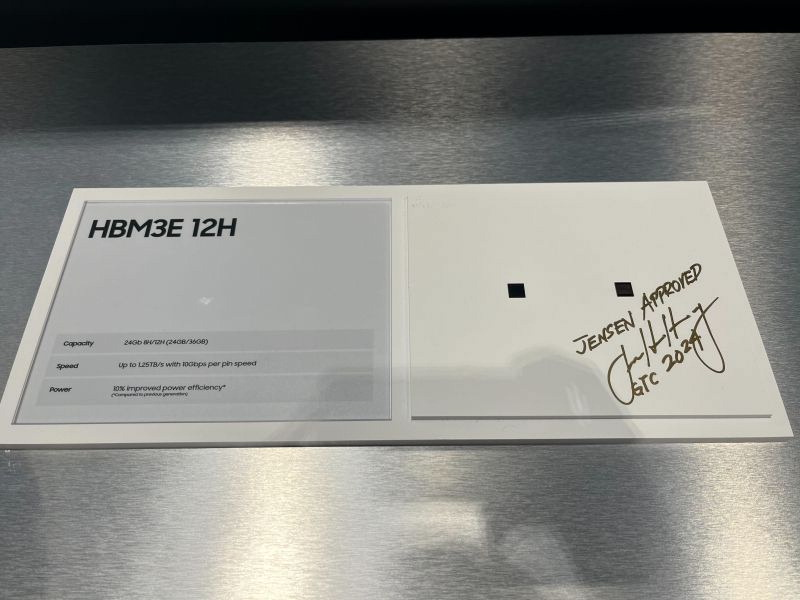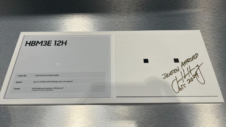NVIDIA is one of the world's leading suppliers of AI chips. This means it requires a lot of high-bandwidth memory chips, the kind that Samsung makes. Samsung was expected to be the sole supplier of high-performance HBM3E chips to NVIDIA this year, but a new report suggested that perhaps not all is well with Samsung's chips.
It was reported that Samsung's HBM3E chips are failing NVIDIA's qualification tests due to heat and power consumption issues. Samsung has since issued a statement, denying that its chips are failing NVIDIA's tests.
Samsung says that the testing process is going on as planned
The Reuters report had claimed that these issues affected Samsung's fourth-generation HBM for AI GPUs and fifth-generation HBM3E chips. Samsung initially gave a statement to the scribe, saying that it's in the process of optimizing its products in close collaboration with customers, without naming NVIDIA.
It has since pushed back on those claims with additional statements, saying that “claims of failing due to heat and power consumption are not true,” and that testing is ongoing “smoothly and as planned.”
NVIDIA has remained quiet on the market, even though its CEO Jensen Huang had casted a big vote of confidence in Samsung's HBM3E, even going so far as to sign it “Jensen approved.” Samsung is also reportedly desirous of winning next-gen GPU production orders from NVIDIA on its foundry's 3nm process, so naturally, this is a relationship of extreme importance for the Korean giant.
Nevertheless, Samsung's investors have become spooked by these reports, as they fear that Samsung could fall behind rivals like SK Hynix in the race to capitalize on the HBM3E demand. Samsung is already trailing SK Hynix in the high-bandwidth memory space, it can ill-afford any bumps at this point in time.





